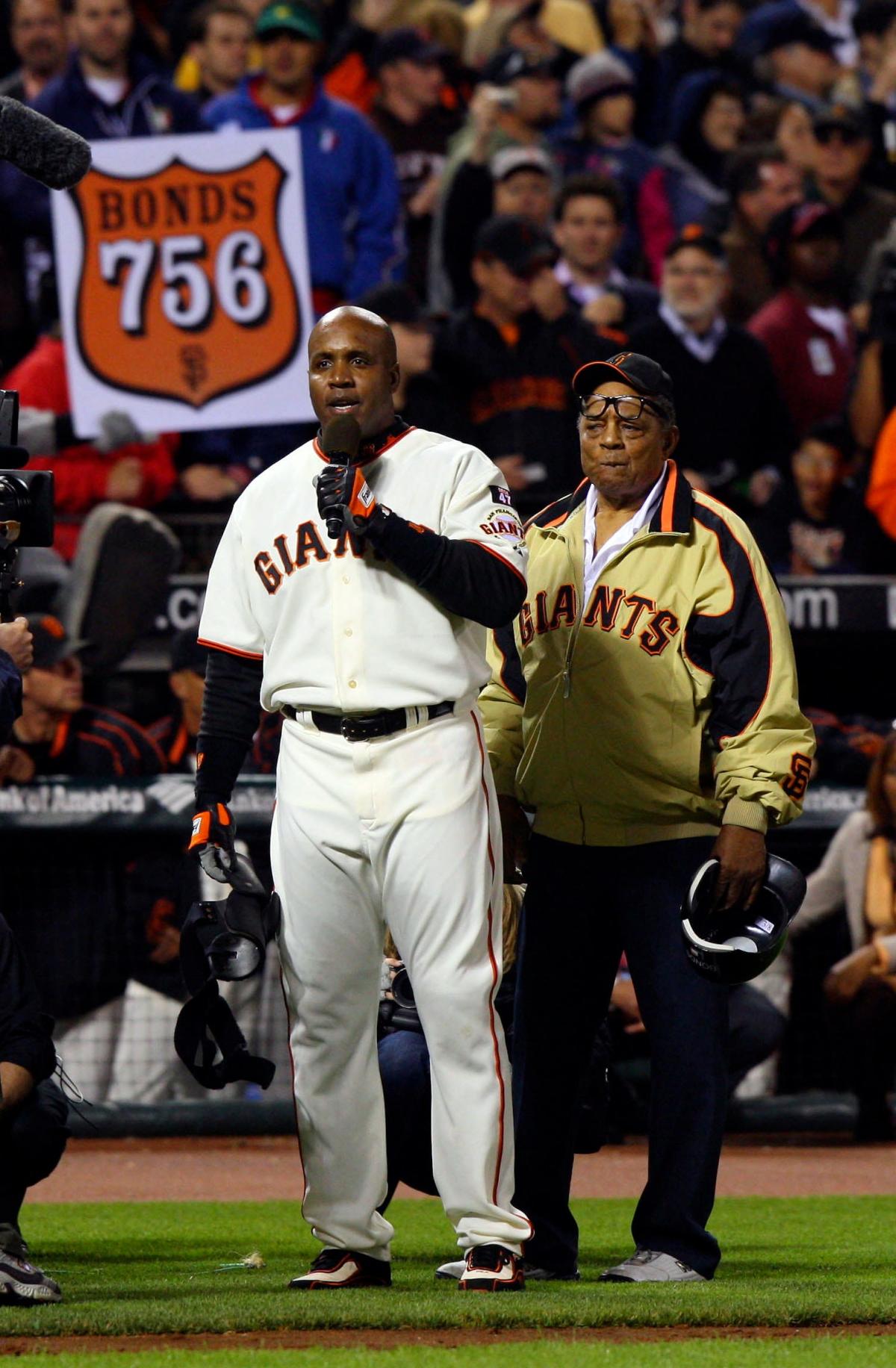Health officials in the Gaza Strip say 24 people were killed in Israeli attacks

Health officials in the Gaza Strip said Israeli air strikes killed at least 24 people in the north of the territory on Saturday, a day after the International Committee of the Red Cross said 22 people were killed in an attack that damaged its office.
At least 120 people have been killed in the attacks on Gaza City in the last 48 hours, the Health Ministry in the Hamas-controlled Gaza Strip said on Saturday.
Dr. Mahmud Aliwa of Al-Ahli Hospital in Gaza City said 24 bodies had been brought to his facility following the attacks that left smoke rising over the city.
Mahmoud Basal, spokesman for the Gaza Strip’s Civil Defense Authority, told AFP that at least 20 people were killed in an attack on a house in the Al-Tuffah neighborhood, while an attack in the Al-Shati refugee camp claimed four more lives.
“People were going about their business” when suddenly “the whole area was wiped out by an air strike,” said Abu Mahmud al-Kariri, an eyewitness in Al-Shati.
Against a grey backdrop of destruction, men used a donkey cart to carry away some of the dead in Al-Tuffah.
Earlier on Saturday, the Israeli military said its fighter jets had attacked “two Hamas military infrastructure facilities” in the Gaza City area.
EU foreign policy chief Josep Borrell on Saturday called for an “independent investigation” into the attack that damaged the ICRC office.
Jordan, which signed a peace treaty with Israel 30 years ago, condemned Israel’s “systematic attacks” on civilians and aid organizations.
– “Dangerously close” –
Late Friday, the ICRC said 22 people had been taken to a Red Cross field hospital after being hit by “heavy-caliber projectiles” near its offices in the southern Gaza Strip.
Local ICRC chief William Schomburg told reporters on Saturday: “There were mountains of bodies, blood everywhere” and a “flood of injured” seeking help.
The Gaza Strip’s Health Ministry blamed Israel for the attack and said 25 people were killed and 50 injured in the coastal region of Al-Mawasi, where thousands of displaced Palestinians have sought shelter in tents.
An Israeli military statement on Saturday said an initial investigation had shown that there was “no direct attack by the Israeli forces on a Red Cross facility,” but that the incident was still being investigated and the “results will be presented to our international partners.”
On Saturday, witnesses reported gunfire in Gaza City between militants and Israeli forces, supported by helicopter fire.
The deadliest Gaza war to date began with an unprecedented attack by Hamas militias on southern Israel on October 7. That attack left 1,194 people dead, mostly civilians, according to an AFP count based on official Israeli figures.
The militants also took hostages, 116 of whom are still in the Gaza Strip, but the army says 41 people have died.
At least 37,551 people were killed in Israel’s retaliatory offensive, again mostly civilians, the Gaza Strip’s Health Ministry said on Saturday.
Exchanges of fire between Israel and the powerful Iranian-backed militant group Hezbollah across the Lebanese border also escalated, raising fears of a wider war.
On Saturday, a security source said a leader of the Lebanese Islamist group Jamaa Islamiya, a Hamas ally, was killed in an Israeli attack on a vehicle in eastern Lebanon.
– “Precise Strike” –
The Israeli military said an aircraft carried out a “precise strike” in the Bekaa region to eliminate “the terrorist” Ayman Ghotmeh, who it said had supplied weapons to Hamas and Jamaa Islamiya.
Israeli warplanes attacked Hezbollah targets in southern Lebanon, the military said.
Experts are divided on the prospect of a wider war, but UN Secretary-General Antonio Guterres said cross-border hostilities should not turn Lebanon into “a second Gaza”.
He pointed to the “warlike rhetoric” of both sides and warned: “One hasty step – one miscalculation – could trigger a catastrophe that goes far beyond the limit and, frankly, beyond imagination.”
Violence has also increased sharply in the Israeli-occupied West Bank. The Israeli military announced on Saturday that an Israeli civilian had been shot and died near the town of Qalqilya.
Months of negotiations on a ceasefire in the Gaza Strip and the release of the hostages have so far made no progress, but mediator Qatar said on Friday that work was still being done to “bridge the gap” between Israel and Hamas.
The right-wing extremist coalition partners of Israeli Prime Minister Benjamin Netanyahu strongly reject a ceasefire.
Netanyahu, who is on trial on corruption charges he denies, faced statements on Saturday evening from the organizers of the largest anti-government protest since the start of the war.
Tens of thousands gathered in Tel Aviv. One demonstrator’s sign accused Netanyahu of being an “enemy of Israel.”
Supporters and families of the Gaza hostages also gathered and held up their pictures.
The war has severely destroyed the infrastructure of the Gaza Strip and residents lack food, fuel and other essential goods.
In Jabalia in the north of the Gaza Strip, the al-Balawi family lives under blankets suspended over a concrete slab in a sea of rubble.
“There is a shortage of food and water,” said Abu Siraj al-Balawi. “There are no vegetables and no fruit.”
burs-it/srm



